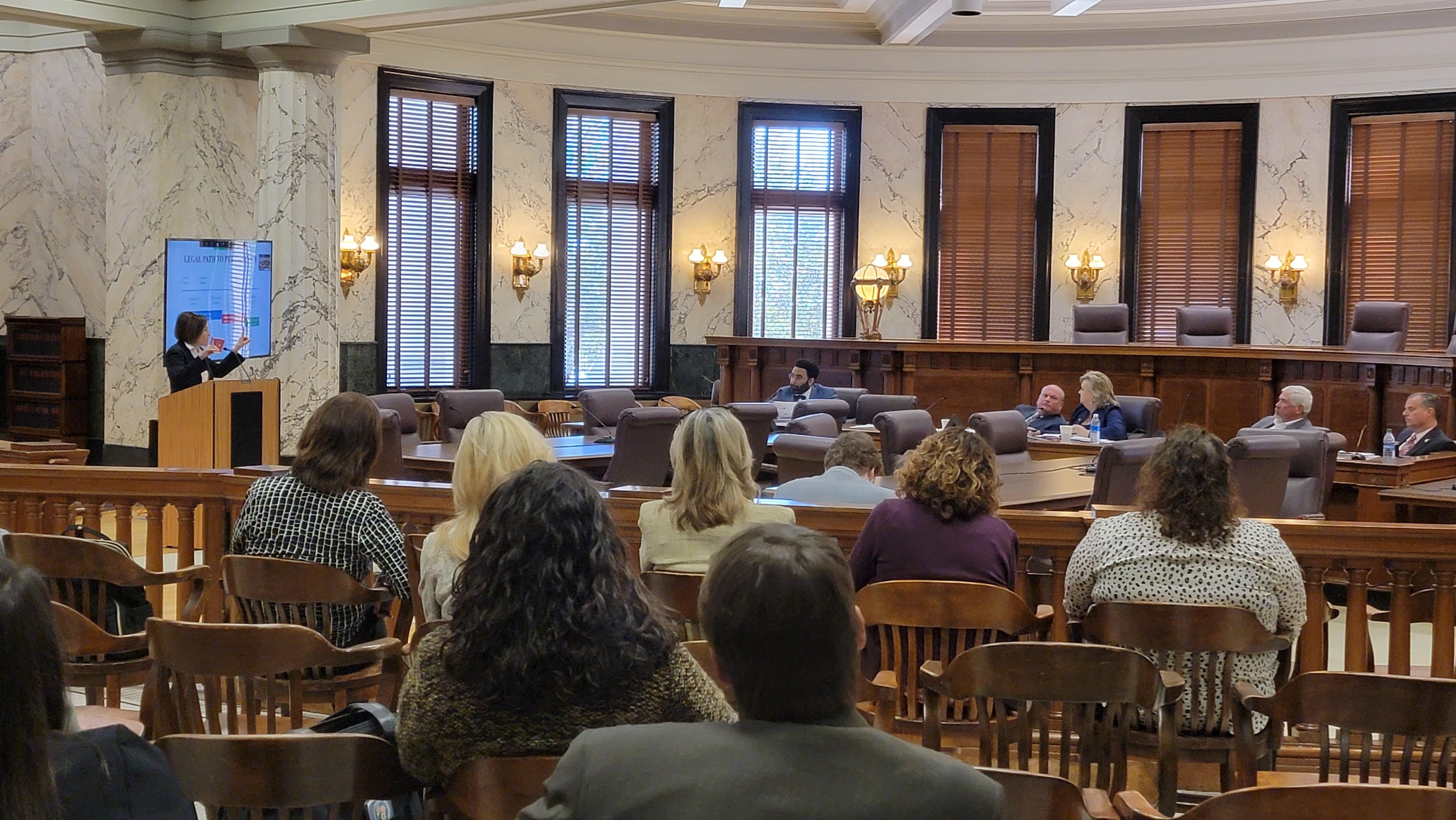A panel of Mississippi senators met in Jackson for the second time Wednesday to discuss legislative priorities following the Supreme Court’s decision on Dobbs. During this meeting, leaders of the state’s primary social services programs shared how their agencies were underfunded and ill-equipped to deal with an influx of children.
Andrea Sanders is Commissioner of Child Protective Services. She said staffing shortages are being exacerbated by low wages. “We would like to get our starting salaries for that front line worker to $18.01 per hour. That is still a little less than what they can make at hobby lobby… We’re running a state agency like it’s an 8-5 agency, and yet we’re a 24/7 first responder agency.”
Sanders said the agency has made some progress in recent years and has created an incentive program to keep workers on for longer. She said another way to drastically improve the child protection system is by streamlining the legal system so cases can be navigated more efficiently.
Following the presentation by CPS, Republican Senator Bryce Wiggins shared his concern for the agency in regard to information shared at the previous hearing. He says the Department of Health and others told the committee the state’s birthrate will grow.
“Based on that testimony it was also that these children are generally either, in their terms, unwanted or unplanned and they’ll probably end up in the system. So, are y’all prepared for 5,000 additional kids across the state,” asked Wiggins.
Sanders replied, “No sir, not by myself I’m not.”
Wiggins continued, asking if that is something the state should be concerned about. Sanders responded, “It concerns me, and I would appreciate everyone considering it a problem we need to solve together.”
Two additional meetings of the committee are scheduled for next month. A second committee, created by House Speaker Phillip Gunn, is also expected to meet before the 2023 legislative session.




